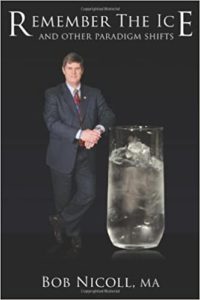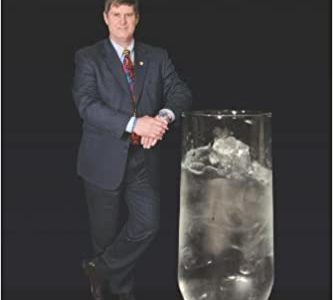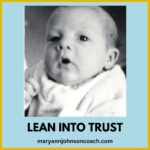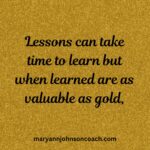 Understanding truth changes lives
Understanding truth changes lives
Many years ago, I read Remember the Ice and Other Paradigm Shifts by Bob Nicoll. It was life-changing, or I could say it was communication-changing. : ) All these years later, when I engage in a conversation, I can hear Bob say, “Remember the ice!”
I attended an event that Bob spoke at and then I bought the book. I learned later that he was a friend of one of my clients. What a lovely coincidence or it would be if I believed in coincidences. We had a number of opportunities to visit together. Later, I was also privileged to be on stage with Bob, teaching parents together.
Bob had a passion for linguistics and empowering language choices. He focused his energies on studying the power of word choice: the Psychophysiology of Words, as he said. Now, that is a big word. : )
Bob had been a counseling psychologist, a business owner/consultant, a motivational speaker, a sales trainer, a restaurant owner, a financial planner, and a top sales manager. He knew the importance of all kinds of relationships and the power that words had in those relationships. He had a passion for helping people shift their paradigms with respect to empowering word choices. And that is how the book Remember the Ice came to be. So, what was in his book that was life-changing for me?
Let me share one story from the book and you will see.
In Bob’s words – Imagine being able to create a simple message. You know in your mind what you would like to convey. You get ready to share it with one of your precious children. You open your mouth, speak your mind, and then realize you have attracted the opposite of what you want.
Huh??? What’s that you say?
All you said to your precious 6-year-old was, “Don’t touch that vase.” Seconds later, you hear the sound of broken glass and your favorite, imported, crystal vase is on the floor in a myriad of pieces.
So why would he touch it after you specifically said, “DON’T touch that vase?” Before I share the answer, let me share a quick story.
It all began on July 23, 1991 — at 10:07 AM PDT
In a convenience store on Northern Avenue in Phoenix, AZ, the manager had placed a couple of signs above his cash registers. His intention was to encourage his patrons to buy more ice during the hot desert summer.
I lived across the street from this store and came to know him. Rick was working one day as I made a purchase. This time I paused and asked him how his ice sales were going because I am intrigued by word choice and the resulting behavioral outcomes. You see, the signs above the cash registers read: DON’T FORGET THE ICE
I asked Rick how sales were going. His reply was less than favorable. I paused and asked if I could make a suggestion. I mean, after all, this was Phoenix—in the desert—in the middle of the summer. (110+ degrees in the shade)
“Rick, do you have a couple of pieces of paper and a magic marker?” I inquired. He gave me the items and I quickly made two new signs for him. REMEMBER THE ICE
I left with a knowing smile and purposely stayed away for about a month. When I went back to the store, I spoke with Rick about his recent ice sales. “What did you do? My sales are up over 500% in the last 30 days!!”
I smiled and asked him a simple question: “If I say to you: Don’t think of the color blue. What color are you thinking of?” “Why blue of course” he replied. “Of course.” Now if I say, “don’t forget the ice”, what will you forget? “Hmmm… the ice.” “Right.”
Wasn’t that story awesome and haven’t you experienced something like this? I have with my own children, my husband, and friends. Words matter. What we say and how we say it impacts not only us but those we are talking to. Don’t is a word I rarely use because I hear Bob in my head.
Do you see how the innocent and commonly used message of “DON’T results in the opposite of what we want? Our mind has no conception of the word NOT (Bob explains more about that in his book), and we proceed to DO what follows the word Not (Do not or Don’t). So, the end result is, 6-year-old Tommy is compelled to touch the vase BECAUSE you told him to.
Words mean things. Word choice has behavioral consequences.
If mom had said, “leave the vase alone”, or “no touching the vase,” the end result is, you would have a beautiful piece of crystal to showcase your flowers. And this is the crux of the book.
How can you think differently about the words you use? How can you have better outcomes? How can words assist you in getting your kids, spouse, and others to respond positively more often?
I recommend Remember the Ice and Other Paradigm Shifts.
It is available on Amazon. You will be a better parent for having read it. Bob taught people that, “There is Power in the Clarity of your Articulation.” Another way of saying that is: “Word Choice has behavioral consequences.”
Here is how I say it –
Words mean things. Learn how to use them well.
Want more direction on having meaningful conversations with your kids:







